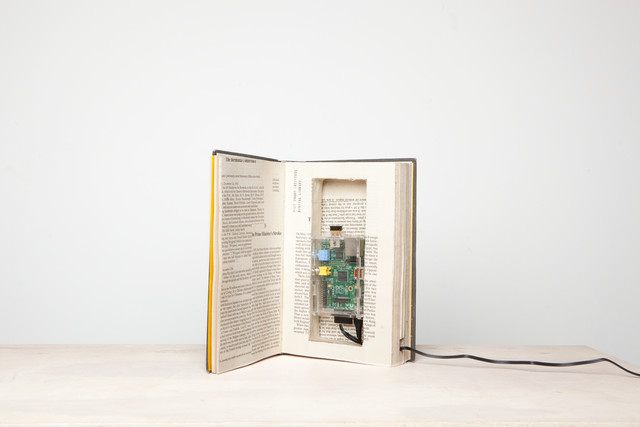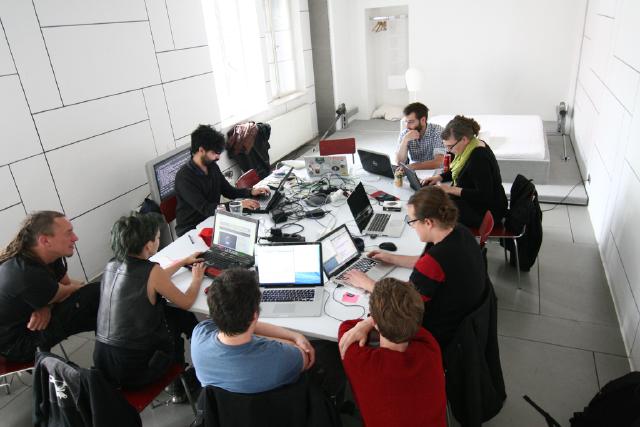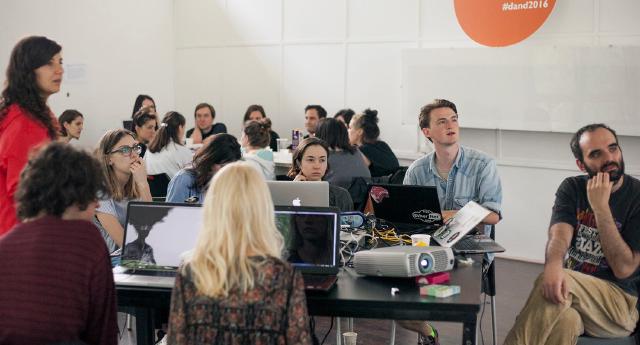Bibliotecha
The story of Bibliotecha starts with an anecdote: During my time at the PZI there was a large bookcase that was the PZI library. It was filled with relevant books that students would borrow and return. Books would be discussed and freely circulate by being passed along from one student to the next until they would be returned to the shelf. This convivial sharing of books was extended to the digital spaces as well: namely on the course mailing list where PDFs and EPUBs would circulate freely as well. That is, until the list administrator pointed out this was not allowed. While it might seem counterintuitive, physical books are easier to share and circulate than digital ones because the circulation of digital publications is highly policed and controlled.

Bibliotecha became an experiment to facilitate the free sharing of digital publications, within a geographically limited and contextually specific environment. It was first developed on 2 November 2013 during Free Libraries For Every Soul, a thematically relevant hackathon.
What set Bibliotecha apart from other contemporary projects it took inspiration from, such as the Piratebox project, was that it was neither solely about just file sharing nor striving for completeness. Instead, it was about small, curated contextually relevant libraries. Aside from making the books available over a local hotspot, Bibliotecha allowed the librarians to organize and maintain a collection through Calibre, so it could be well organized and make the entire library searchable with Recoll.

The project had numerous people working on it over time and it was presented at various exhibitions and conferences. However, the main way of spreading Bibliotecha was through workshops where participants would learn the basics of working with the RaspberryPi and set up their own version of Bibliotecha.
Bibliotecha is a framework to facilitate the local distribution of digital publications within a small community. It relies on a microcomputer running open-source software to serve books over a local wifi hotspot. Using the browser to connect to the library one can retrieve or donate texts. Bibliotecha proposes an alternative model of distribution of digital texts that allows specific communities to form and share their own collections and circulate them digitally, but not online.

More information about the project can be found through the archived website, the relatively up-to-date Bibliotecha repository on Varia’s server, the historic repository and wiki or through reading the chapter on Bibliotecha in NOOO2: Three Takes On Taking Care.
References and exhibitions
- 2018 a version of Bibliotecha at the Manila Biennale
- 2016 Workshop at DanD 2016 in Zagreb
- 2015 Workshop at Utrecht Public Library
- 2015 Workshop at Radical Networks at NYU
- 2015 Exhibition at Workshop for the new World, Bureau Europa
- 2014 Featured on the cover of Lire+Écrire
- 2014 Andre Castro presenting Bibliotecha during Off The Pess video